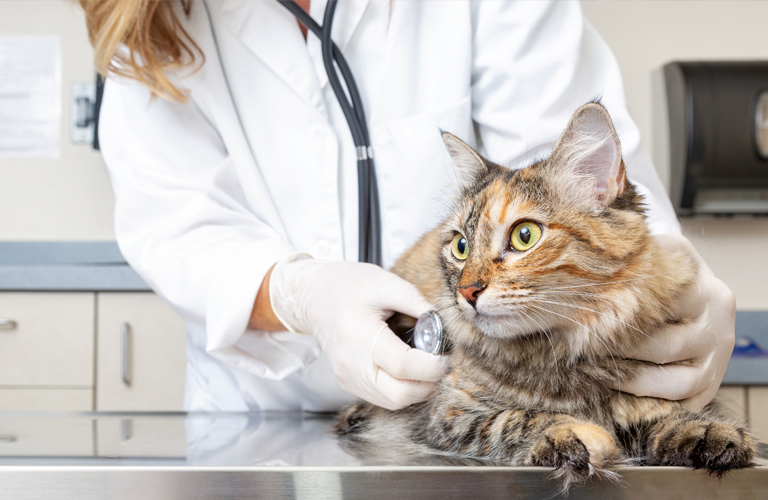The Animal Health Market
Animal health is generally described as comprising two segments: Food producing Animal Products (FAP) and Companion Animal Products (CAP). FAP continues to show global growth due to an increased demand for high quality protein production, whereas CAP growth (a sector in which horses are generally included) is driven by the pet owners' compassion for their animals, improved nutrition and a wider range of medical products and treatments.
c.$33.5bn
Market Size
Source: Vetnosis Health for Animals (2018)
The Animal Health Market by Species
Source: Vetnosis Health for Animals (2018)
Market Share by Competitor
Boehringer Ingelheim
13.96%
Phibro Animal Health
2.45%
Our Position in the Animal Health Market
There are few international businesses in our market, five of which have 59.2% of the world's market share. Dechra's objective is to continue to outperform the market, increasing its market share, through the execution of its strategy.
Animal Pharmaceuticals vs. Human Pharmaceuticals
The business of developing and marketing animal pharmaceuticals shares a number of characteristics with human pharmaceutical businesses. These similarities include the need to conduct clinical trials to prove product safety and efficacy, obtain regulatory approval for new products, adhere to complex and highly regulated product manufacturing, and market products based on approved clinical claims. However, there are also significant differences between animal and human pharmaceutical businesses, including:
- Product development is generally faster, cheaper, more predictable and sustainable: Development of animal medicines typically requires fewer clinical studies with fewer subjects and is conducted directly in the target species. Decisions on product safety, efficacy and likelihood of success can therefore be made more quickly.
- Diversified product portfolios: Animal pharmaceutical businesses are generally less reliant on a small number of 'blockbuster' products. Animal health products are sold across different regions which may have distinct product requirements. As a result, animal health products often have a smaller market size and the performance of any single product typically has less impact on overall business performance.
- Stronger customer relationships and brand loyalty: Companion Animal Products are directly prescribed and often dispensed and sold by veterinarians helping to build brand loyalty, which often continues after the loss of patent protection or regulatory exclusivity.
- Lower pricing pressure: Livestock producers and pet owners generally pay for animal healthcare themselves. Pricing decisions are not influenced by government payors that are involved in product and pricing decisions for human medicines.
- Less price erosion by generic competition: Generic competition in animal healthcare, whilst playing an important role, has a lower impact on prices compared to human pharmaceuticals because of the smaller average market size of each product opportunity, stronger customer relationships and brand loyalty.
